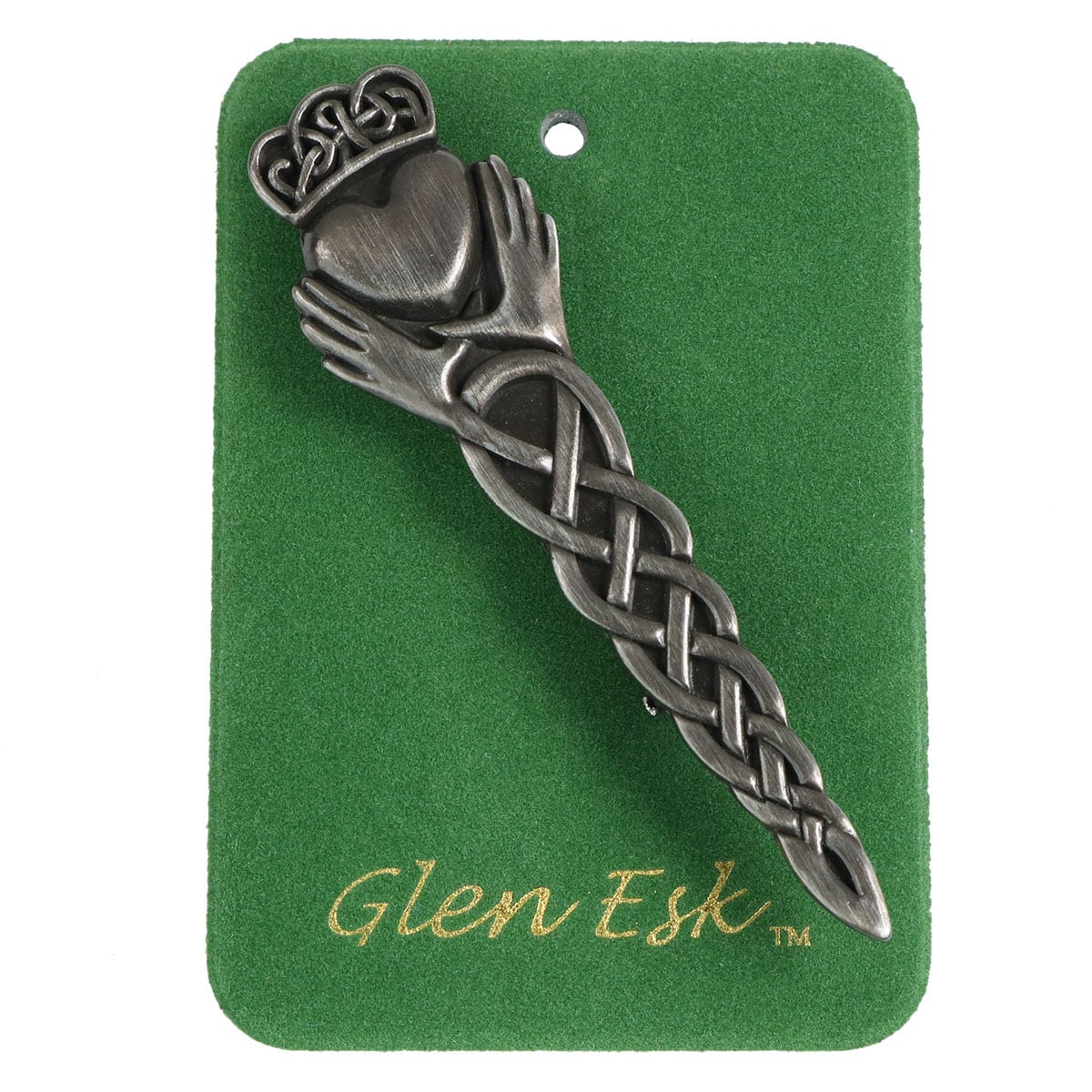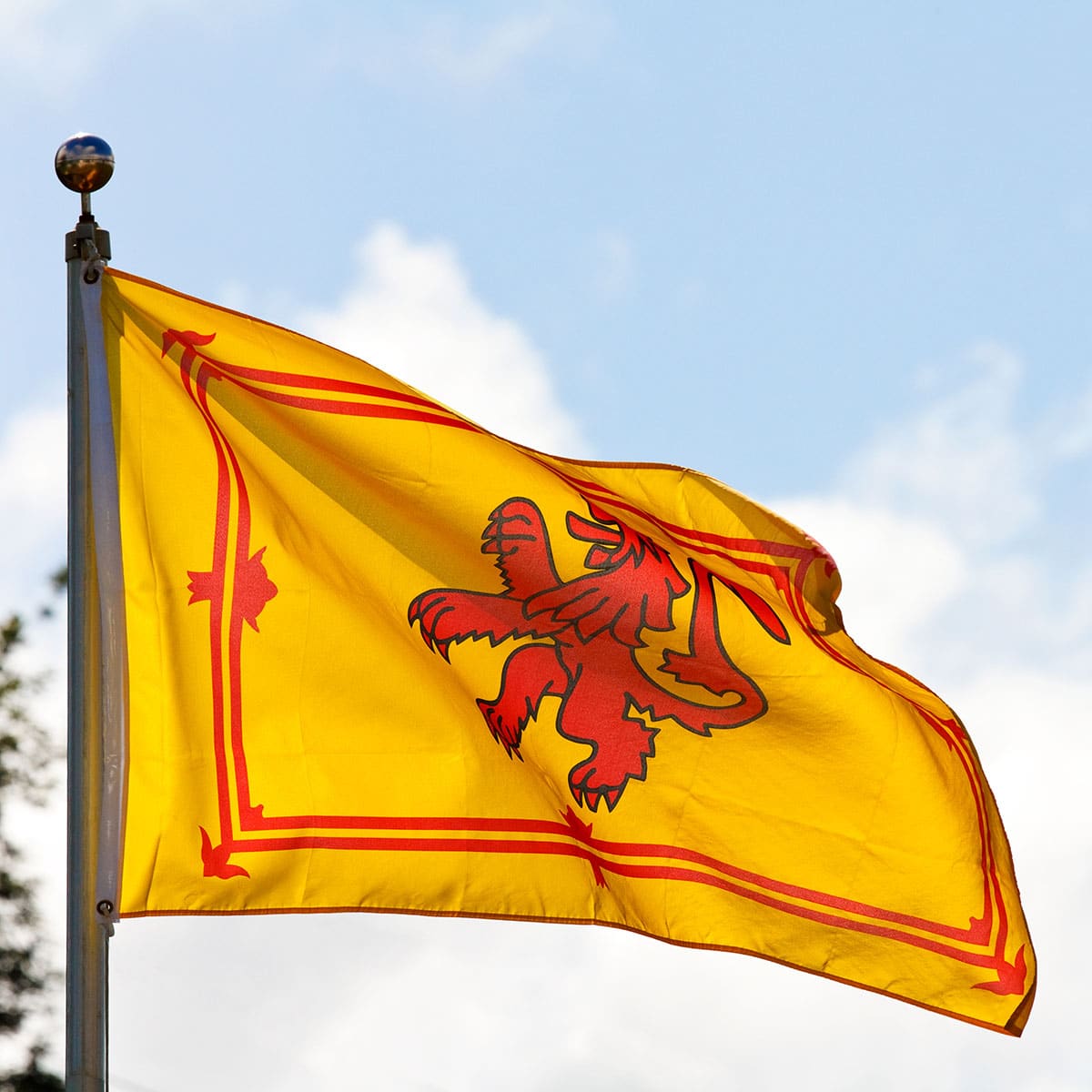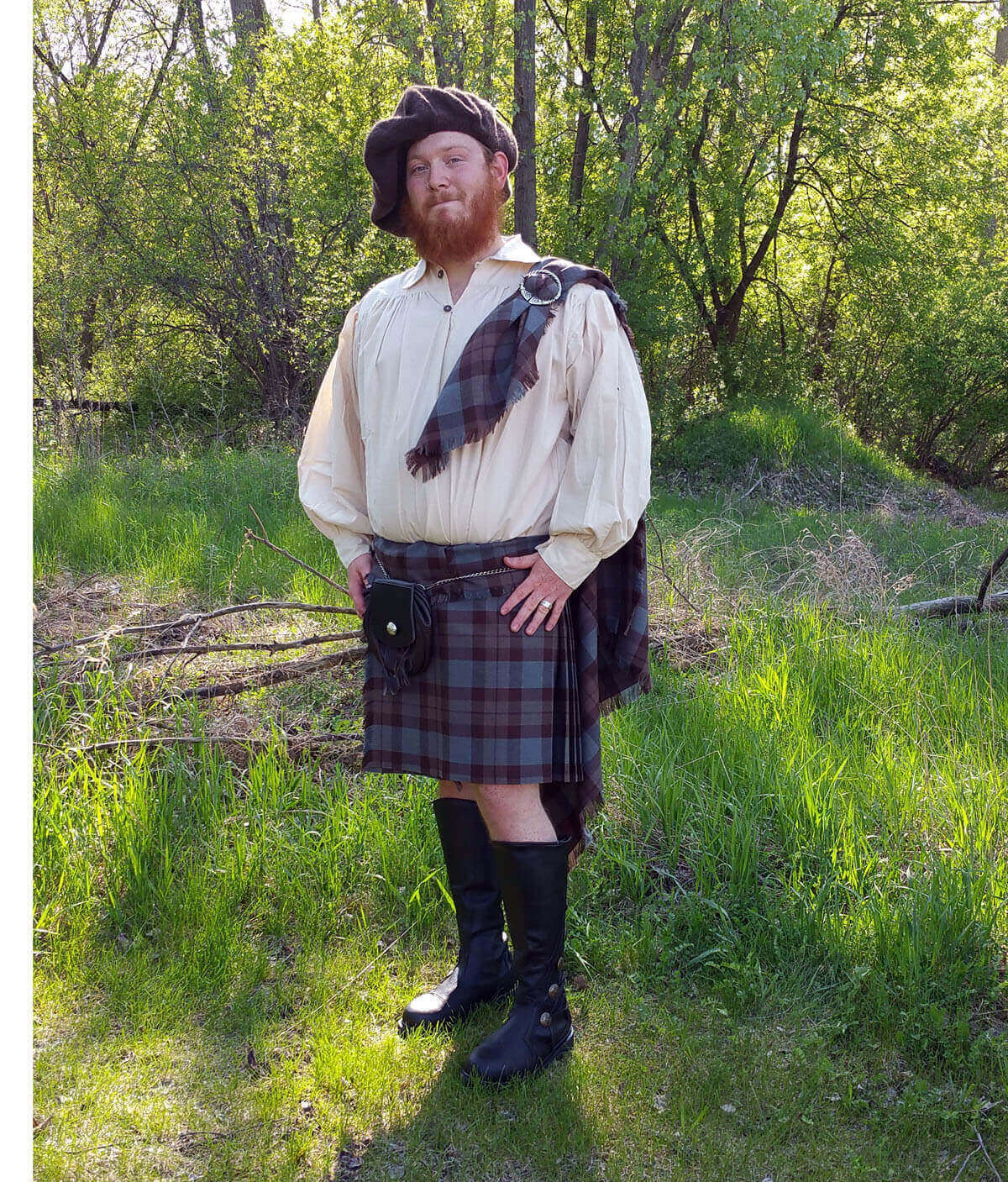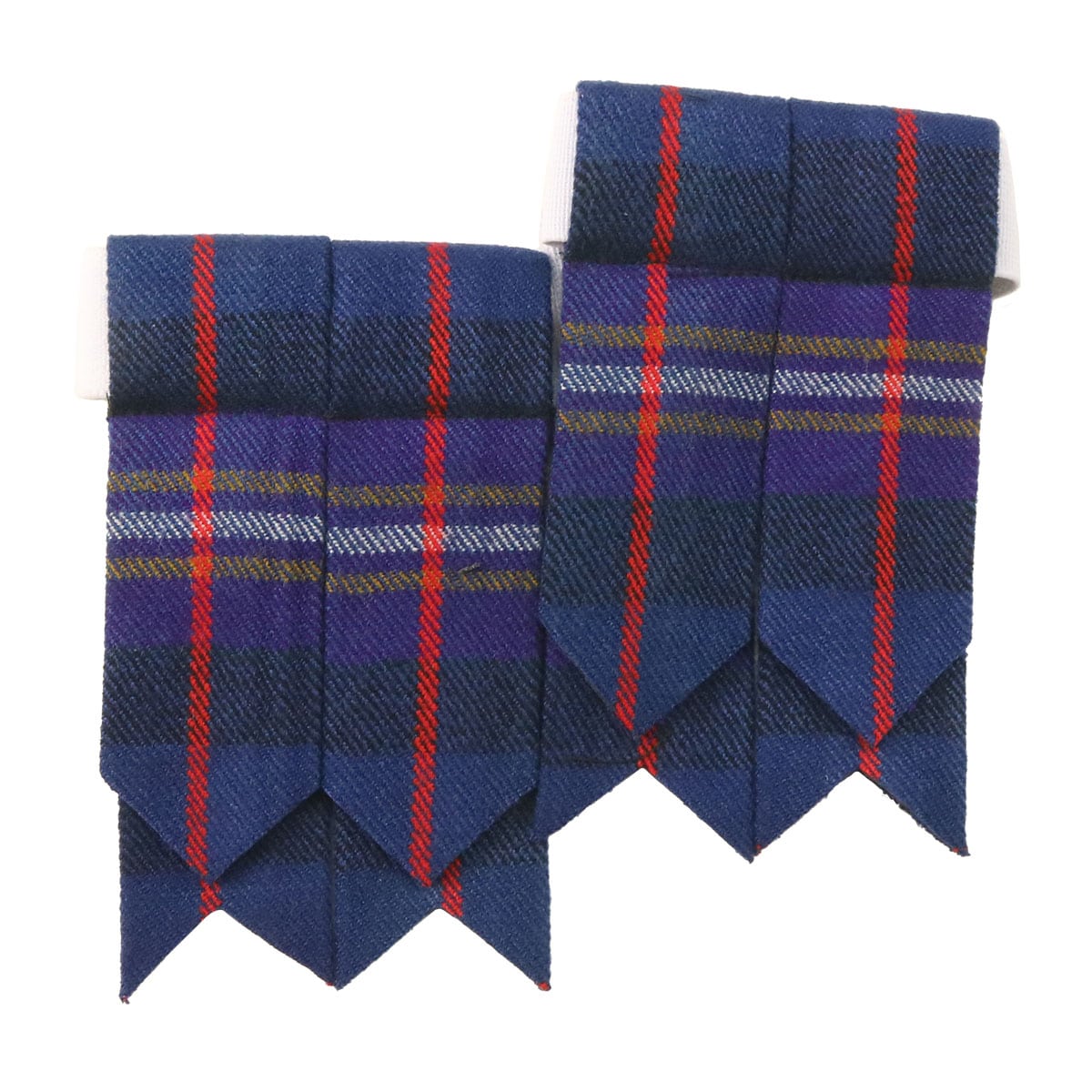Bullet Throwing a.k.a. Road Bowling
Bullet Throwing, also sometimes known as Road Bowling, is a sport that seems to go back as far as the 17th century in Ireland and was also played in Scotland and northern England up until the 19th century. It still appears to be played in counties Armagh and Cork and there’s even a Irish Road Bowling Association that regulates it and tries to keep the tradition alive. The basic idea is for contestants to take 28 ounce iron balls or bullets, about the size of a tennis ball, and throw them down a 2 or 3 mile course. It can be played by individuals, or teams, and whoever reaches the end with the fewest number of throws wins the game. It was a spectator sport and of course was accompanied by drinks and gambling. (I can imagine perhaps there was the occasional “half-time” break for a pint if the course passed by a pub)
The players mark a line on the road and run up to the line and with and throw their bullet underhand before crossing the line. The spot where your bullet hits the road is marked with the butt -the new starting line for your next throw. If the bullet lands off of the road the throw counts against your tally and you have to re-throw it from the same line. If there is a curve in the road, or the course takes turns a down a different road you can throw or loft the bullet in an attempt to cut the corner rather than taking short throws to make the turn. But again, if it doesn’t land on the road you are penalized a throw and have to re-throw it.
Road Showers can act a bit like golf caddies standing down the road giving advice on the direction of the throw, or providing a target to aim toward on curves or when going over hills. If the teams reach the end of the course with the same number of throws the tie is broken by whichever team or player makes a longer final throw wins the match.
A look at the sport in a British Pathé newsreel:
The season for play would often start around Easter and end sometime in the fall. Between the gambling and the danger to travelers along the road it was made illegal to play games on public highways by the 1800’s.
“This afternoon when driving between Purdysburn and Shaw’s Bridge, I found three separate parties hurling these iron missiles along the centre of the road, and on nearing the bridge, one of the balls passed, with great velocity, between my pony’s legs. As I could not identify the man who threw it, I could only throw the ball into the river.”
Although authorities no longer enforce the law today, the fines in the 1800’s could range from 1 to 40 shillings at a time when many laborers only earned 10 shillings a week. Even youths were often fined at the same rates as adults caught playing the game. Police even had to resort to using plain clothed officers to fool lookouts who were set to give an alarm if they sighted the authorities. Lookouts, spectators, “coat holders” (holding the coats of the players) were considered as guilty as the players themselves, and could be also fined accordingly.
Two men, one a veteran of the player the other a jolly spectator, take us through the unique game of ‘Road Bowling’ and discuss its importance in their small, rural, West Cork society:




